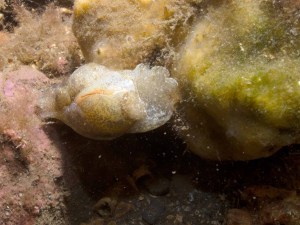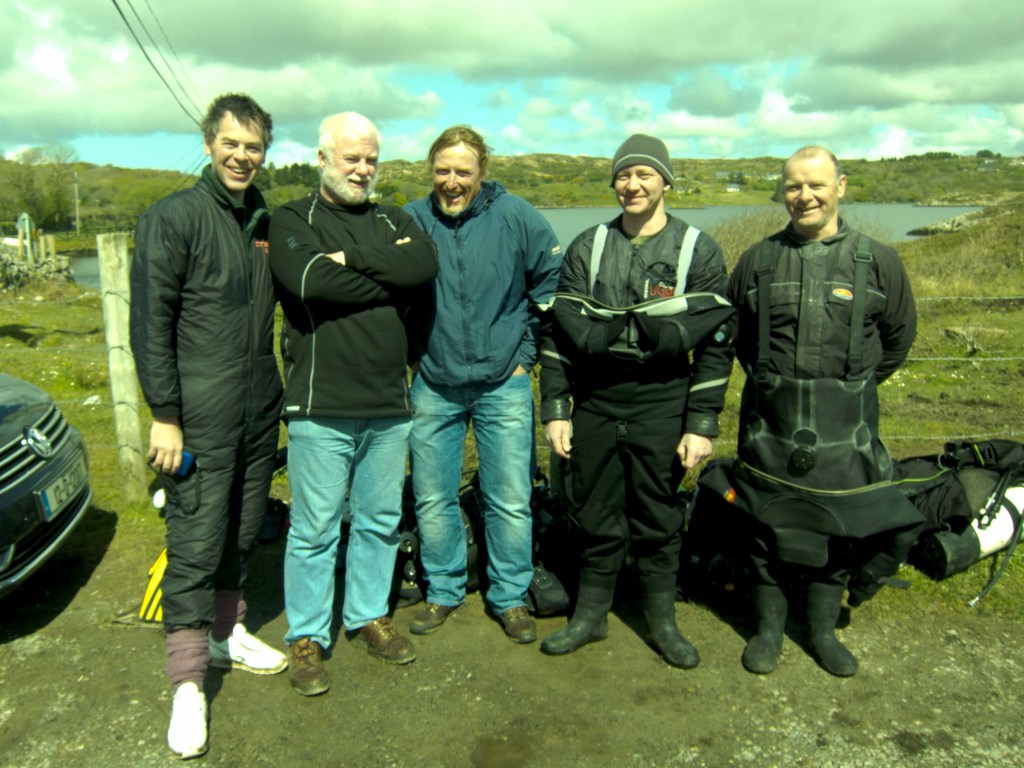‘His family took the soup’. ‘He’s a souper’. Serious insults directed at someone whose family at the time of the Great Famine was Catholic but which, in exchange for food, shelter and education, converted to Protestantism. Such conversions were usually initiated through the activity of ‘Irish Church Missions’ whose methods are generally regarded to have been aggressive. The activities of the Missions were most intense in the west of Ireland in places like Achill where the impact of the famine was greatest. Even today mention of ‘missions’ can generate guarded responses.
Clifden in Connemara was a particularly contested location for the Mission and the contrary efforts of the Catholic Church. Tim Robinson in his Last Pool of Darkness notes that Clifden was one of the few places in Ireland where Protestant and Catholic clergy were unable to work together to support the work of the Mansion House Relief Committee and had to have two separate local committees established to administer famine relief. In Clifden the term ‘souper’ was not used and the starving wretches who availed of the mission relief activities were referred to as ‘jumpers’; thought to be a derivation of the Irish expression ‘d’iompaigh siad’ – ‘they turned’.
One of the ironies of the famine is that while the poor were starving food exports (grain, etc) continued. A lesser known irony is, according to Cecil Woodham-Smith, author of theThe Great Hunger Ireland 1845-1849, that while the poor were starving abundant marine resources existed that, with the exception of edible seaweeds and raw limpets, were not exploited.
“It is difficult at first to understand why the Irish people, thousands of whom lived near the coast, did not eat fish. They were starving eating old cabbage leaves, roadside weeds, rotten turnips, while on the coast itself the population lived on dilisk (edible seaweed) and raw limpets. Yet fine fish abounded, especially along the west coast, where distress was most severe. James Hack Tuke, standing on the cliffs of Achill, looked down through the clear Atlantic water and saw “shoals of herring and mackerel in immense quantities.”
Clifden has ready access to marine inlets, one of which is relatively unique in being a partly

The Ray was This Big
landlocked salt lake. Take the Roundstone road out of Clifden for about a kilometre and the Salt Lake appears (53.478597,-10.020576) on the left hand side of the road. Access to the lake is relatively restricted as much of it is surrounded by private property.
A short snorkel will bring you out over shallows into the deeper part of the lake. Recently, snorkeling this section of the lake, I came across a Thornback Ray in about 5 metres of water nestled amongst carpets of light bulb sea squirts. In parts the lake is up to about 40 metres but all the interesting life is in the top 5 to 10 metres.
The lake has a pronounced halocline and water exits the lake under a stone bridge a little further on from the entry point. Except at the highest tides salt water does not enter the lake.

Sea lemon – Archidoris pseudoargus – I think
In another blog I referred to the phenomoenon of ‘flow’; when you are so utterly absorbed that time passes by without you being aware. Anyone with even a passing interest in macro photography will find time passing by very quickly in this lake.
Back to Clifden. A legacy of the Famine was a network of orphanages that, over time, became home to waifs from outside Connemara. A particularly poignant story is recounted in Robinson’s book, referred to above, of someone overhearing a conversation between two children, from one of the orphanages, in the back of a car. One orphan, seeing a woman with three children standing on a pavement in Clifden, tugged at the other and said “Look, Jimmy, that’s a mother, see?”.

Nigel, Brian, Nick, Tighernan and Ronan
Nigel, Brian, Nick, Tighernan and Ronan
My thanks to Brian Stone for introducing me to this lake and for a great days diving with himself, Nigel Motyer, Nick Pfeiffer, Tighernan Fox and Ronan Murray.